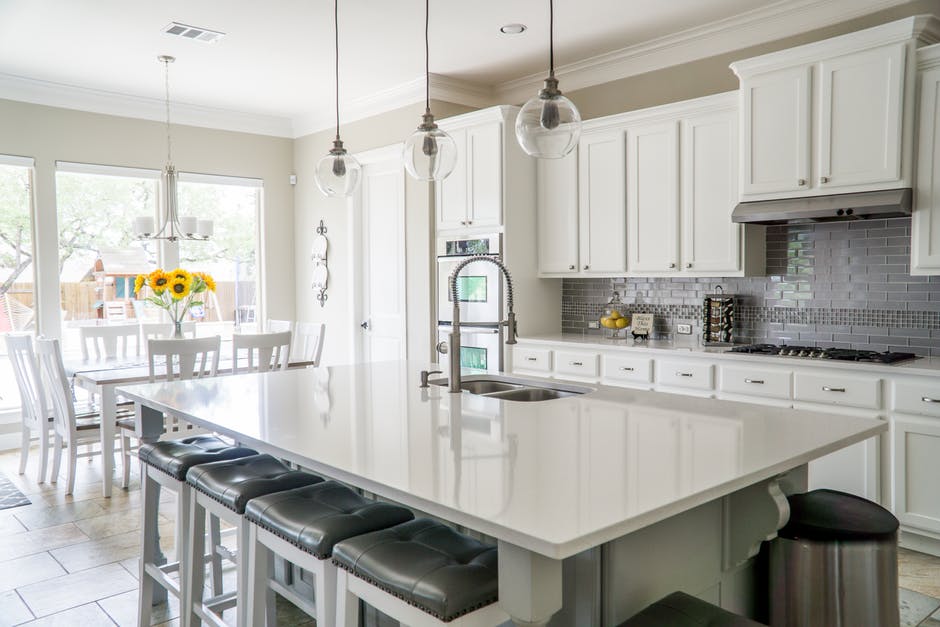Introduction
Quartz countertops have gained immense popularity in recent years due to their durability, low maintenance, and aesthetic appeal. If you are considering installing quartz countertops in your kitchen or bathroom, it is essential to understand the pros and cons associated with this material. In this article, we will discuss everything you need to know about quartz countertops.
The Pros of Quartz Countertops
1. Durability
Quartz countertops are known for their exceptional durability. They are made from a combination of natural quartz stone and resin, making them resistant to scratches, stains, and heat. Unlike natural stone countertops, quartz countertops do not require sealing, making them highly resistant to bacteria, mold, and mildew.
2. Low Maintenance
One of the biggest advantages of quartz countertops is their low maintenance. Unlike other countertop materials, such as granite or marble, quartz countertops do not require regular sealing or polishing. They can be easily cleaned with mild soap and water, making them an ideal choice for busy households.
3. Versatility in Design
Quartz countertops offer a wide range of design options. They are available in various colors, patterns, and finishes, allowing you to create a customized look for your kitchen or bathroom. Whether you prefer a classic or contemporary style, quartz countertops can complement any design aesthetic.
4. Consistency in Appearance
Unlike natural stone countertops, quartz countertops have a consistent appearance throughout the slab. This makes it easier to match different pieces and ensures a uniform look across your countertop surface. If you value symmetry and uniformity in your kitchen or bathroom design, quartz countertops are an excellent choice.
The Cons of Quartz Countertops
1. Cost
Quartz countertops can be more expensive than other countertop materials, such as laminate or tile. However, considering their durability and low maintenance, they can be a worthwhile investment in the long run. Additionally, the cost of quartz countertops can vary depending on the quality, brand, and complexity of the installation.
2. Susceptibility to Heat
While quartz countertops are generally heat resistant, extreme heat can cause damage to the surface. Placing hot pots or pans directly on the countertop can lead to discoloration or even cracking. It is recommended to use trivets or hot pads to protect the surface from excessive heat exposure.
3. Limited Resistance to UV Rays
Exposure to direct sunlight can cause quartz countertops to fade or discolor over time. Therefore, it is important to consider the placement of your countertops in areas with minimal exposure to UV rays. If you have large windows in your kitchen or bathroom, it is advisable to use window treatments to protect your countertops from prolonged sunlight exposure.
Conclusion
Quartz countertops offer numerous benefits, including durability, low maintenance, versatility in design, and consistency in appearance. However, they also come with a higher price tag and require protection from extreme heat and UV rays. By weighing the pros and cons, you can make an informed decision about whether quartz countertops are the right choice for your home. Consult with a professional countertop installer to explore different options and find the perfect quartz countertops for your kitchen or bathroom.



